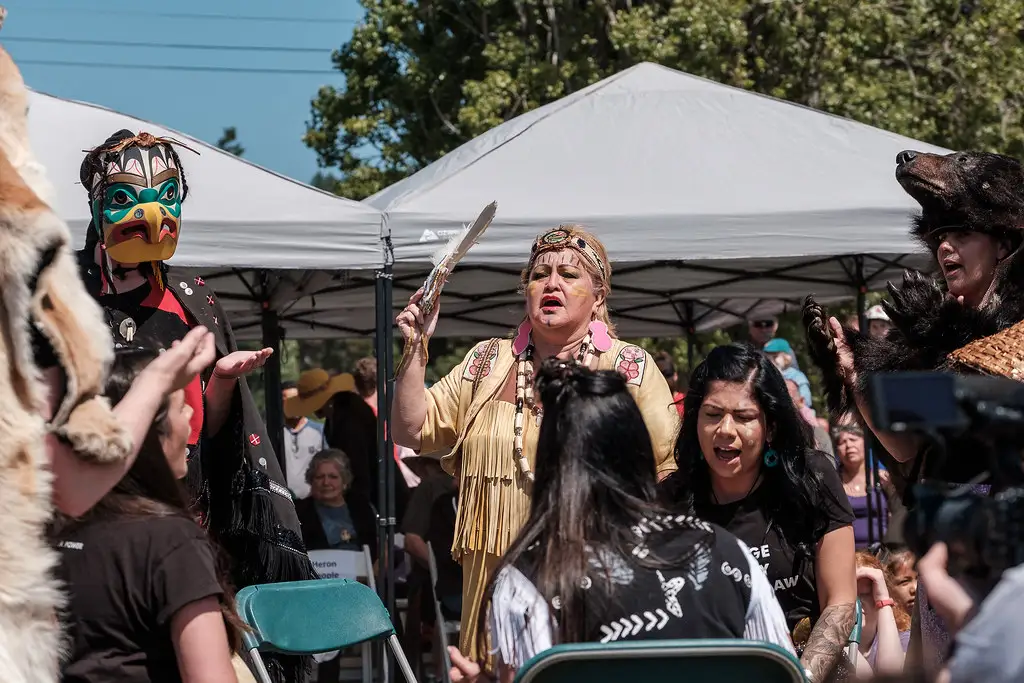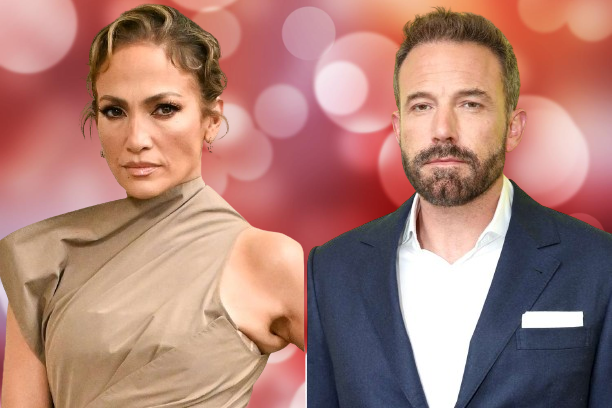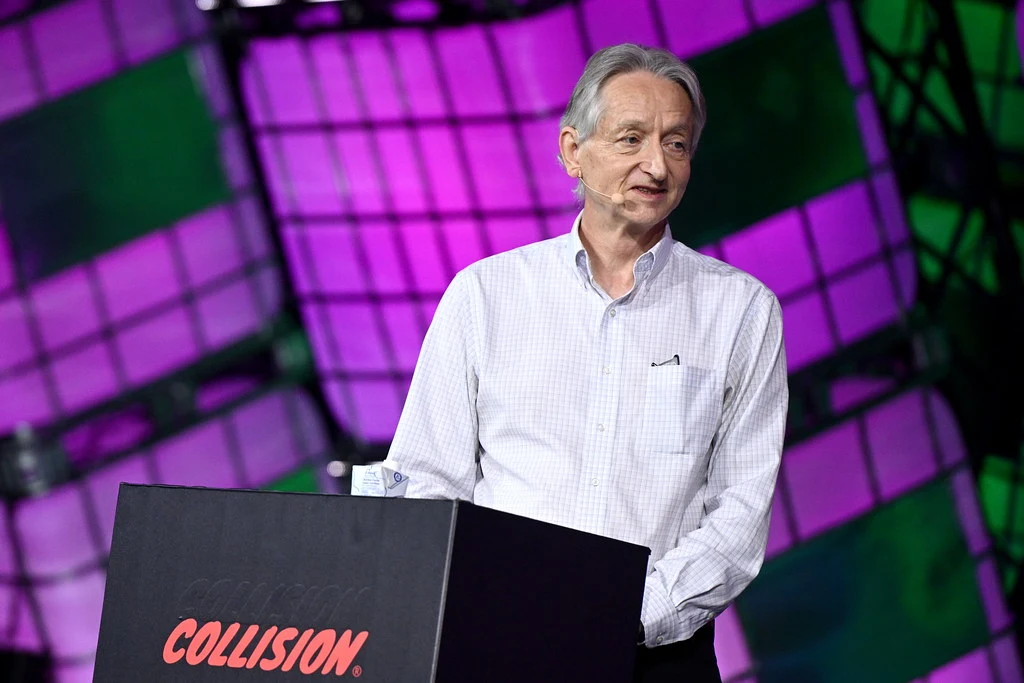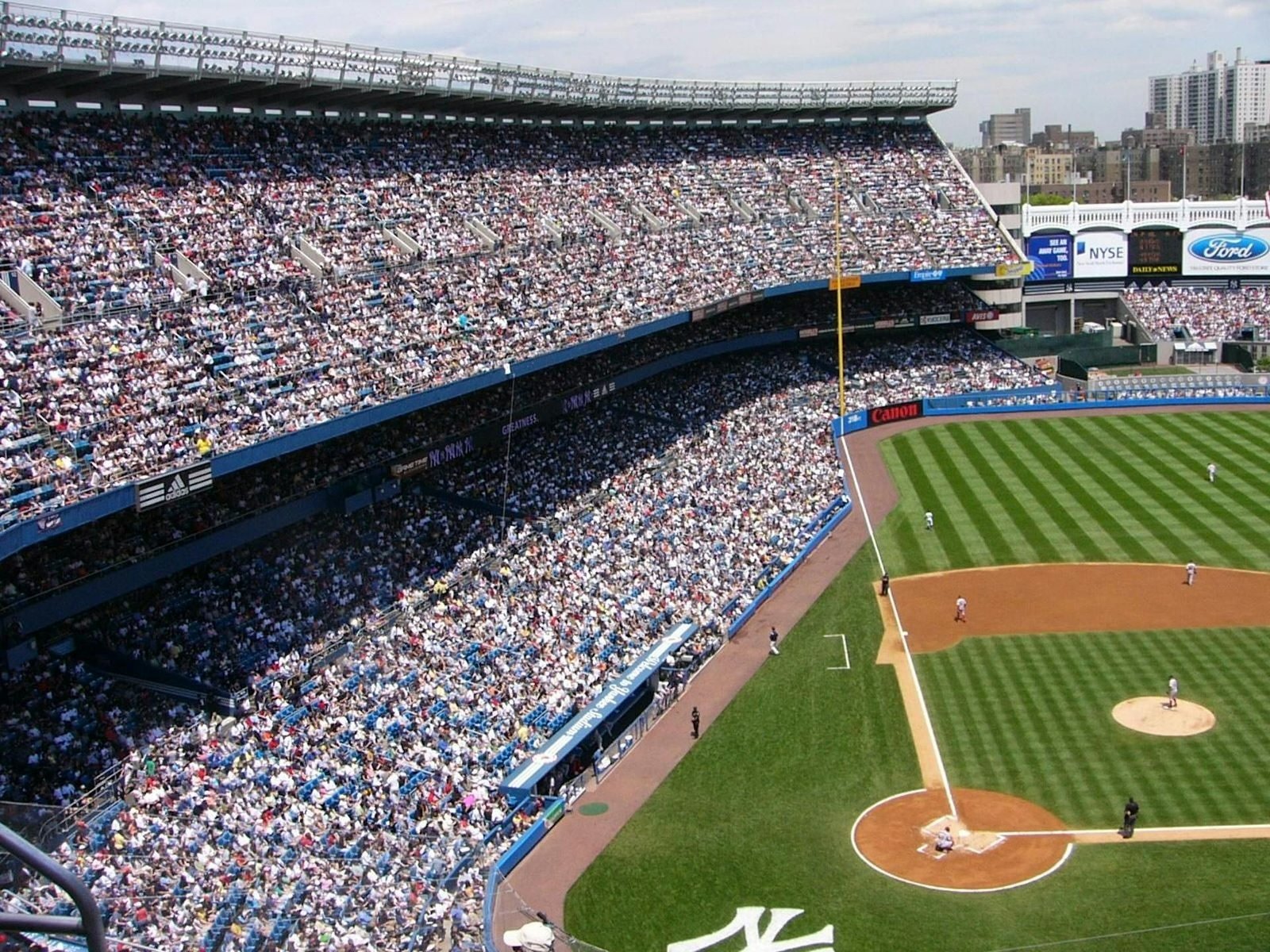Indigenous Peoples’ Day is a holiday which celebrates Native American heritage, traditions, and achievements. It is observed on the second Monday in October, which is coincidental with Columbus Day 2024, which will fall on October 14, 2024. “Although Columbus Day is still marked as a federal holiday on many calendars, numerous individuals and organizations advocate for the transition to Indigenous Peoples’ Day.” In other words, to acknowledge the horrific destruction that Columbus caused against the Native American community when he first landed in the Americas.
The Growing Recognition of Indigenous Peoples’ Day and Columbus Day 2024
Indigenous Peoples’ Day has gained popularity in recent years. In 2023, President Joe Biden declared that the day should be commemorated and observed as a day that would honour the strength and service that the Indigenous peoples had showcased. “Indigenous communities embody resilience and strength, and their vibrant culture holds immense significance,” he stated.
Although the recognition of Indigenous Peoples’ Day is expanding, it is not celebrated in every region in the United States. Its supporters claim that it is essential to shift away from Columbus, which brought about violence and suffering, to the issues and rights of Native American communities.
Is Indigenous Peoples Day 2024 an Official Holiday?
Whether or not Indigenous Peoples Day is a holiday depends on the location. Columbus Day is still a federally recognized holiday, though a number of states and cities have decided to instead celebrate Indigenous Peoples’ Day. So far, 29 states and the District of Columbia do not observe Columbus Day. Some 216 cities have re-designated the day or replaced Columbus Day with Indigenous Peoples’ Day.
Some states have decreed Indigenous Peoples Day 2024 through proclamation; other states made it an official holiday. The call to replace Columbus Day signals a much more fundamental call for justice and recognition of the rights of Indigenous peoples now.
Why Do Some States Drop Columbus Day?
Following this defeat of Columbus Day, the devastating effects of colonization on the Native American populations are now gaining prominence. Native Americans had been there for decades of thousands of years before Columbus’s discovery. Such colonization by Europeans however, resulted in the loss of much life, land, and heritage for them.
Critics of Columbus Day argue that many atrocities were committed by Columbus and his crew, which defined the harsh realities of life for the Native Americans:
Due to their failure in achieving the quarterly gold quotas, Columbus and his men chopped the hands of almost 10,000 natives residing in Haiti and the Dominican Republic.
To avoid native children who tried to flee from remembering and referring such brutality to others, Columbus and his men maimed them.
Celebrating Indigenous Peoples Day instead of Columbus Day is thus an effort by advocates to work towards a more truthful telling of history. This change serves in terms of honour and respect for Indigenous peoples who continue to fight for their rights, for environmental justice, and recognition today.
Why Do We Need to Recognize Indigenous Peoples Day?
Indigenous Peoples Day is important to celebrate for several reasons, including:
History Acknowledgement: This way, one gets a better understanding of history and also includes the experiences of Indigenous peoples and colonization at the same time.
Cultural Recognition: On this day, one can celebrate and recognize the diversified richness within cultures and history, as well as their contributions brought in by Native American communities.
Affirmation of Indigenous Rights: Celebrating the day might symbolize a gesture of support for the rights of the Indigenous people and their cause for the Indigenous land, preservation, and protection of the environment.
Learning: The celebration of Indigenous Peoples Day will naturally promote education on the history and realities of colonization to cut deep into myths and miscalculations about Native American cultures.
Building Community: The celebration can unite the Indigenous and non-Indigenous communities together and lead them towards understanding and cooperation.
FAQs
Q. What does Indigenous Peoples Day mean?
Indigenous Peoples Day aims to celebrate Native American heritage and culture but it also does not forget the societal ills brought about by colonization and pays respect to the resilience of Indigenous communities.
Q. How many states have Indigenous Peoples Day?
Almost 29 states and numerous cities have adopted Indigenous Peoples Day 2024 as opposed to Columbus Day, and the numbers are only increasing.
Q. Is Columbus Day still a holiday?
Yes, Columbus Day remains a federal holiday but increasingly states as well as cities around the country have been moving away from the holiday in favor of Indigenous Peoples Day.
Q. What did President Biden have to say about Indigenous Peoples Day?
In his proclamation, President Biden spoke to the strength and contributions of Indigenous peoples, suggesting resilience and heritage in the culture.
Q. Why does Columbus hate some people so much?
It has been criticized for the violent ways it treated the Indigenous people and the badly destructive effects European colonization had on the Native American communities.
Q. How do you support Indigenous Peoples’ Day?
Support Indigenous Peoples’ Day by becoming educated in Native American history, attending events in your locality, making efforts toward recognition in your community, and financially support Indigenous-led organizations.
Conclusion
The movement of Indigenous Peoples’ Day is vital in the honouring, recognition, and acknowledgement of Native American communities and their history and contributions. As Columbus Day 2024 approaches, ever more states and cities are adopting this day to pay homage to the error that previously made us understand history and the efforts towards redressing injustice.
Celebrating Indigenous Peoples’ Day helps recognize the many ongoing problems with Indigenous peoples and work collectively for a more inclusionary future that remains respectful of their rights and culture. And many cities host events like the Columbus St Patrick’s Day Parade 2024, which brings together cultures and celebrates community heritage.



